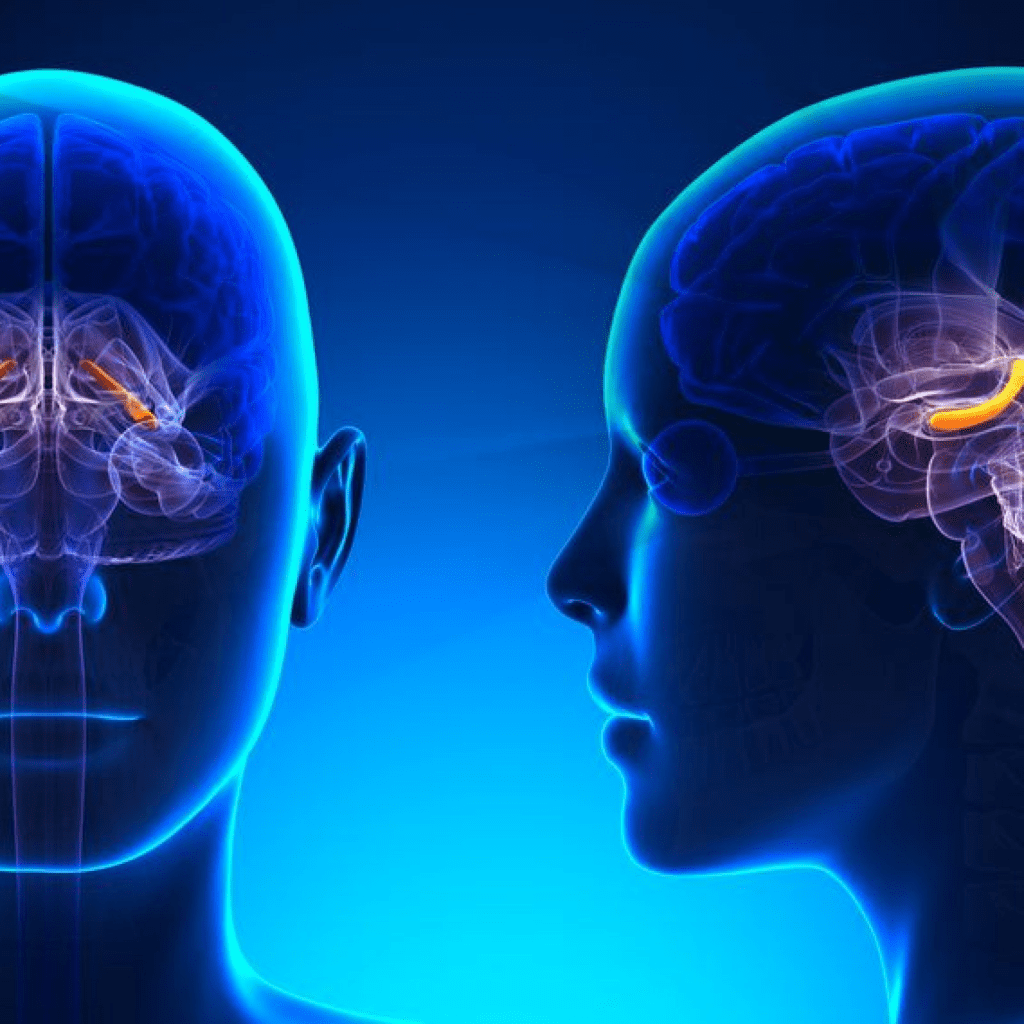As we age, it’s no secret that our memory tends to fade. But what many don’t realize is why this happens. The culprit is a part of the brain called the hippocampus — the command center for memory and learning. In late adulthood, the hippocampus shrinks, increasing the risk of memory loss and dementia. But there’s good news: science now shows that aerobic exercise can reverse this shrinkage and actually increase hippocampal volume.
This isn’t just a theory. A groundbreaking randomized controlled trial with older adults has proven that regular aerobic exercise boosts hippocampal size and enhances memory. Let’s break down the fascinating findings and what they mean for you or your loved ones.
The Breakthrough Study: How Exercise Reshaped Aging Brains

In a year-long study involving 120 older adults, researchers set out to answer a big question: Can aerobic exercise actually reshape the aging brain? Participants were divided into two groups: one did moderate aerobic exercise (like walking) three days a week, and the other group engaged in stretching and toning exercises as a control.
The results were nothing short of astonishing.
Those in the aerobic group experienced a 2% increase in the size of their anterior hippocampus, effectively reversing the age-related volume loss typically seen over 1–2 years. Even better, this growth in brain volume wasn’t just cosmetic—it led to measurable improvements in spatial memory.
BDNF: The Brain’s Natural Fertilizer
What caused this transformation? A key player is BDNF (Brain-Derived Neurotrophic Factor), often called “fertilizer for the brain.” This powerful protein supports the growth of new neurons and strengthens existing ones—especially in the hippocampus.
The study found that the increase in hippocampal volume correlated with higher serum levels of BDNF. In other words, exercise didn’t just bulk up the brain—it stimulated a biological cascade that supports learning, memory retention, and mental clarity.
Video : Exercise effect on hippocampus
What the Control Group Revealed
The control group—who only did stretching and toning—didn’t enjoy the same benefits. In fact, their hippocampal volume continued to shrink. However, those who entered the study with higher fitness levels experienced slower decline, even without the exercise intervention. This finding suggests that long-term fitness acts as a buffer against brain deterioration.
So whether you’re starting at age 60 or have been active for decades, the takeaway is the same: fitness protects the brain.
Why the Hippocampus Shrinks and How Exercise Reverses It
The hippocampus is highly sensitive to both environmental factors and biological changes. As we age, it naturally loses volume due to reduced blood flow, increased inflammation, and slower cell regeneration.

But aerobic exercise counters all of that. It:
- Increases cerebral blood flow, especially in the hippocampus.
- Promotes neurogenesis, or the birth of new neurons.
- Elevates BDNF levels, which helps those new neurons survive and connect.
- Reduces brain inflammation, slowing cognitive decline.
It’s a holistic approach that outperforms many pharmaceutical treatments—without side effects.
Why Aerobic Exercise Outshines Stretching and Toning
Stretching and toning have their place in a healthy routine. They improve flexibility, reduce injury risk, and promote general well-being. But when it comes to boosting brain volume, they don’t compare to aerobic exercise.
Moderate-intensity cardio—like brisk walking, swimming, or cycling—gets your heart pumping, your blood flowing, and your brain firing on all cylinders. It stimulates regions of the brain involved in focus, planning, and memory, and it physically reshapes the structure of key areas like the hippocampus.
From Rodents to Humans: The Science of Brain Growth
Animal studies laid the foundation for this discovery. In rodents, running wheels led to:
- Higher BDNF levels
- Increased neurogenesis in the hippocampus
- Better performance in learning tasks

Now, this human study confirms that what we saw in animals translates directly to older adults. Our brains are adaptable, even in later life—and exercise is the tool that unlocks that potential.
The Bigger Picture: Cognitive Health and Longevity
This discovery isn’t just about memory games or remembering where you put your keys. Shrinking hippocampal volume is one of the earliest warning signs of Alzheimer’s disease. By increasing hippocampal size and supporting brain plasticity, aerobic exercise becomes a powerful strategy for preventing cognitive decline.
Research also shows that:
- Physical activity preserves gray and white matter in the brain
- It strengthens executive function networks in the prefrontal cortex
- It delays the onset of age-related cognitive impairment
All of this points to one simple truth: the body’s movement fuels the brain’s growth.
How Much Exercise Is Enough?
In the study, participants exercised for three days a week at moderate intensity. That’s about 30–40 minutes of walking, jogging, or cycling per session. You don’t need a gym membership or a personal trainer—just a pair of shoes and the commitment to move regularly.
Video : This One Exercise Grows New Brain Cells
Consistency is more important than intensity. Over time, even simple cardio builds a brain that’s bigger, sharper, and more resilient.
Conclusion: Your Brain Is Built to Grow—No Matter Your Age
This study is a game-changer in how we understand the aging brain. It proves that aerobic exercise can reverse age-related shrinkage in the hippocampus, improve memory, and boost the brain’s natural growth factors like BDNF. Unlike expensive drugs or invasive treatments, exercise is accessible, low-cost, and incredibly effective.
So if you’re in your 60s or 70s—or even younger—and you want to protect your memory, there’s no better time to start. Put on your sneakers. Take that walk. Because every step you take doesn’t just move your body forward—it helps your brain stay young.


